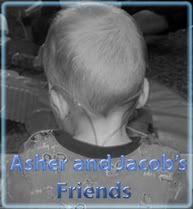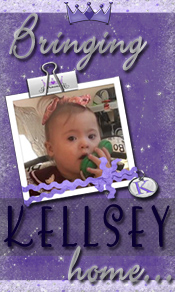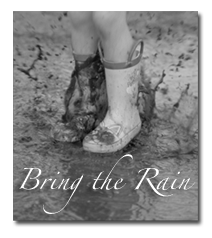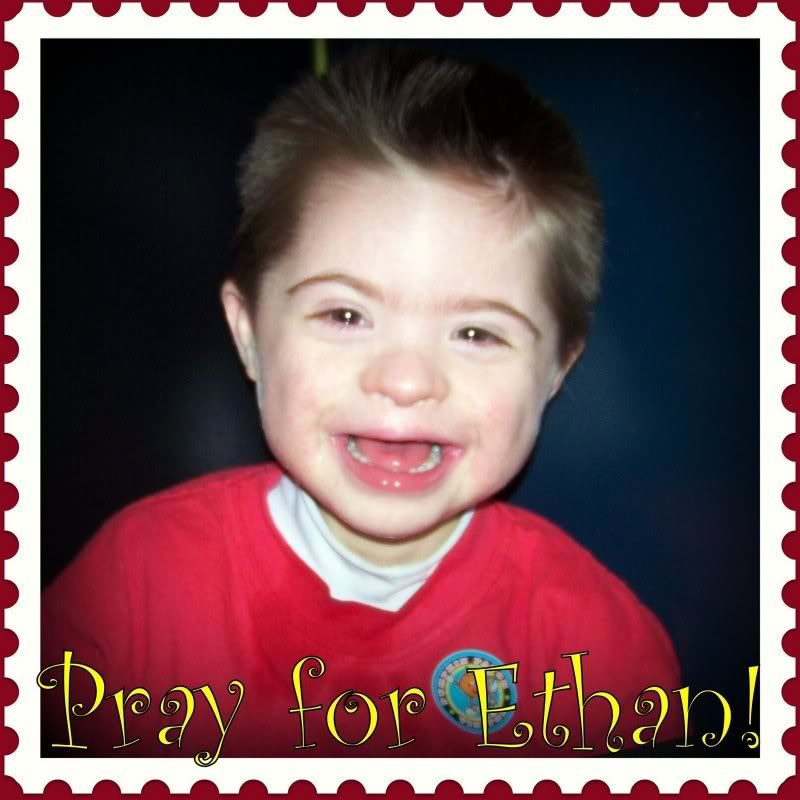“Were you there, when they crucified my Lord?” The hymn that we sing on this day called Good Friday, poses a complex yet simple question. Were we there? Were we there, when they nailed him to the tree? Were we there when they laid him in the tomb? The answer is yes. We were there. We were there, before Christ with every sinful thing we have ever done, every sinful thing we have ever thought, every sinful thing we have not yet realized. In Jesus’ outstretched arms on the cross, he reached out to take on every sin of the past, every sin of the present, and every sin that is yet to come. Were we there? Yes. We were there as ones who have murdered others with our words. We were there as those who have lusted after things that are not ours. We were there as those who are jealous, as those who have worshipped idols, as those who have taken the Lord’s name in vain. We were there, laying down our burdens before the one who loves us more than we can possibly comprehend. We were there.
Today, Good Friday, we take the journey with Jesus. We journey with him because this is our journey to take. We are the guilty ones, we are the ones who should be tried and executed. So we go with him. We feel the pain of knowing someone else is suffering on our behalf. We watch as he is mocked, we watch as he is found guilty of a crime he did not commit, we watch him stumble from exhaustion towards Golgotha. We listen to the cries of pain as the nails are driven through his flesh and bone. We hear his words of grace and forgiveness when he tells the criminal next to him that today he will be with him in paradise. And we witness his last breath.
We are witnesses to the death of our Lord. The sacrifice that God did not have to give, but did because of unconditional love. Through Jesus, we are redeemed. And so we are called to lay our burdens down. We are called to accept the healing that comes from his pain, from his blood, from his death.
This week, my home congregation in Petersburg, Alaska has taken on the task of healing. After years of brokenness from conflicts with each other and pastors that have come and gone, they are working with the interim pastor to find resolve so they can call a new pastor. Because there is so much heartache and anger towards the past, the pastor has taken this Holy Week to help them find healing. At the foot of the cross in the church, he has placed a paper shredder. Here, they are encouraged to write their feelings on paper, share it with someone they trust, asking them to be in prayer, and then proceed to the foot of the cross where they will find a paper shredder. With that shredder, they are to shred what they have written as a symbol of laying their burdens down at the foot of the cross. Then, at their Easter vigil they will burn the shreds of paper during the opening liturgy.
The actions of our brothers and sisters in Petersburg represents the call of the cross for us today. Today, Good Friday, we are called to be present with Christ at the cross. Jesus did not face the crucifixion to have us hang on to our sins. He did it so that we could lay our burdens down at the foot of the cross. His death was to be the death of our old selves.
By hanging on to our sins, our jealousy, bitterness, despair, we are ignoring the cross that Christ bore on our behalf. In not releasing our sin we are saying that Christ’s death was not enough. He did not suffer enough mockery, he did not experience enough rejection, he did not bleed enough, he did not struggle enough for each breath. We are saying we need more in order to be forgiven. We need to suffer more in order to be forgiven. We need to be rejected, we need to be mocked, we need to bleed. But the truth is, it is not about our suffering. It is not about what we have done for God. It is about what Christ has done for us. He is the sacrifice, hung on a cross on our behalf. The struggle we face lies in finding a way to release our burdens and trusting that Jesus’ sacrifice was enough.
A couple of years ago, when I was serving as a chaplain at Hershey Medical Center, I was called to a patients room in the middle of the night. She was a younger woman, married with small children and had just been diagnosed with cancer. I was in the middle of several trauma cases and was not able to make it up there until very late in the night, but she requested that I wake her. When I finally had the time to visit her, she shared with me her fears and concerns. She was overwhelmed with grief and felt that God was punishing her for all of the awful things she had done in the past. In her mind, it was impossible that God could ever forgive her for the hurt that she had caused others, and that maybe this was God’s way of helping her atone for her sins.
To sit in her room and listen to her story, my heart broke for her. To hear of the guilt that she had been feeling all of those years, and to know that she thought this was God’s punishment for her was unlike anything I had heard before. The concept of Jesus’ sacrifice being enough was something she struggled to understand. We talked and prayed for hours about how God’s love for us is so great that he gave Jesus as a sacrifice for our sins. We talked about how through Jesus’ stripes, we are healed.
I do not know what happened to this woman after our visit. When I was leaving, there was a calmness that had overcome her room. She seemed to be at peace and slept soundly the rest of the night. In the prayers we shared that night, she, like the people in Petersburg, took out her paper shredder and laid her burdens at the foot of the cross. For the first time in her life, she trusted that Jesus on the cross was atonement enough for her sins. The burden she had carried all those years was finally released. She had discovered the hope in knowing that Christ died for her sins.
Jesus’ work for us is enough. He has already taken on all of our sins, all our burdens. In recognizing that this has been done, we, like the woman at the hospital, can rest peacefully in knowing that Jesus has healed us through his body and blood. Nothing we have done in the past nor will do in the future can change the fact that Christ suffered and died on our behalf. The sacrifice has already been made.
Martin Luther, in a sermon he wrote for Good Friday said, “We are to consider Christ’s sufferings in a way that we are to be comforted by them. This takes place when we do not let our sins remain in our consciences, but lay them upon Christ and reflect upon the love of God and of Christ that shines forth out of these sufferings.”
Christ’s death evidences to us God’s ultimate act of love. It is the greatest gift ever to be offered us and frees us from the need to fear and worry. When Jesus died on the cross, we were there. The sins Christ took upon himself were not only the sins of those who lived before. They were not only the sins of the disciples who failed to stay awake on the mount of olives. They were not only the sins of Judas who betrayed him. The sins were not only those of the guards who arrested him, Pilate who failed to release him, the crowd that turned against him, or those who nailed him to the cross. The sins that were taken by Jesus the Christ were the sins of our grandparents, our parents, our brothers, our sisters, our children, our children’s children, ourselves. They are the sins of all who lived and all who are yet to come. Jesus came for all. Jesus suffered for all. Jesus died for all and his loving actions will continue for all. Amen
Subscribe to:
Post Comments (Atom)












No comments:
Post a Comment